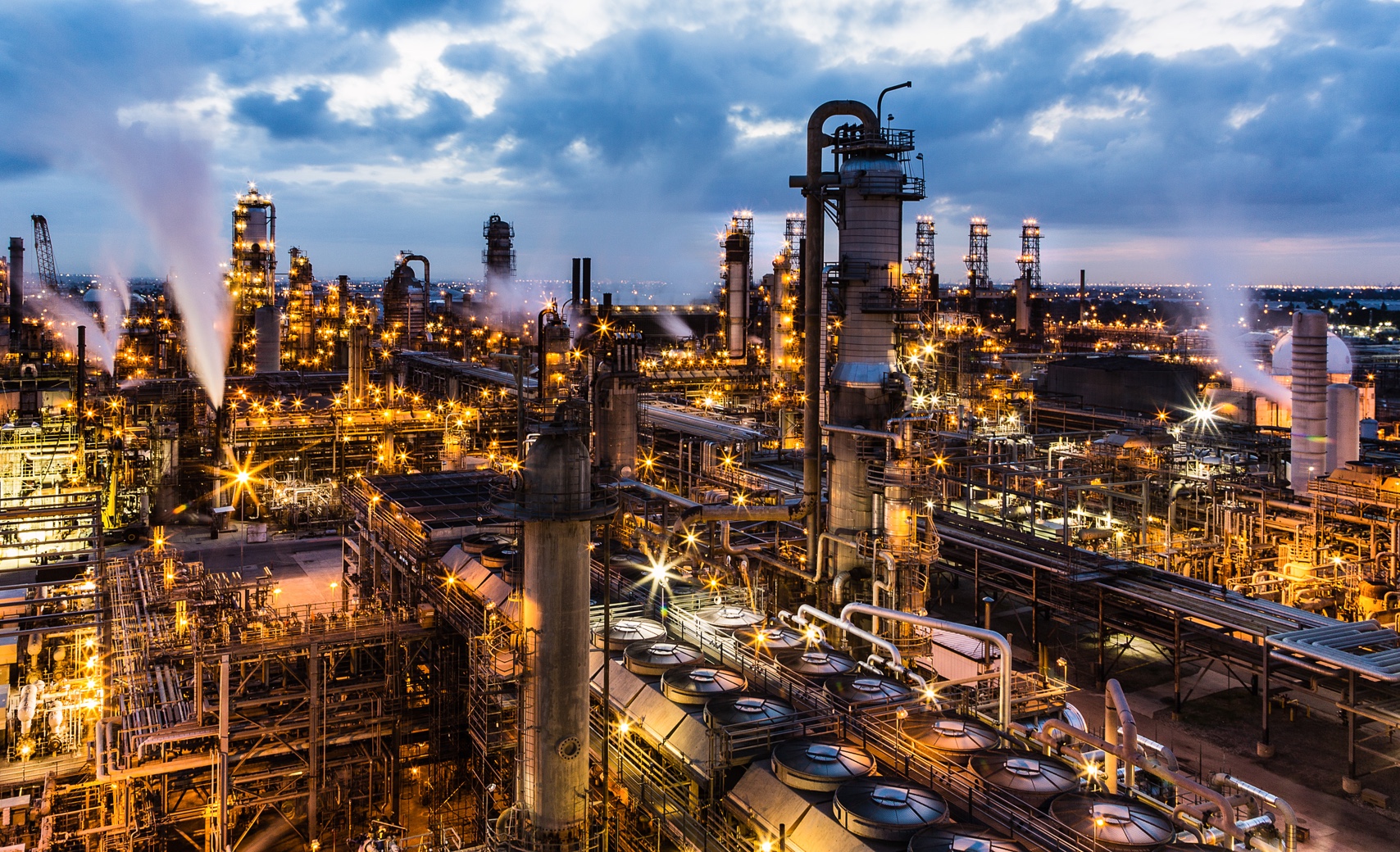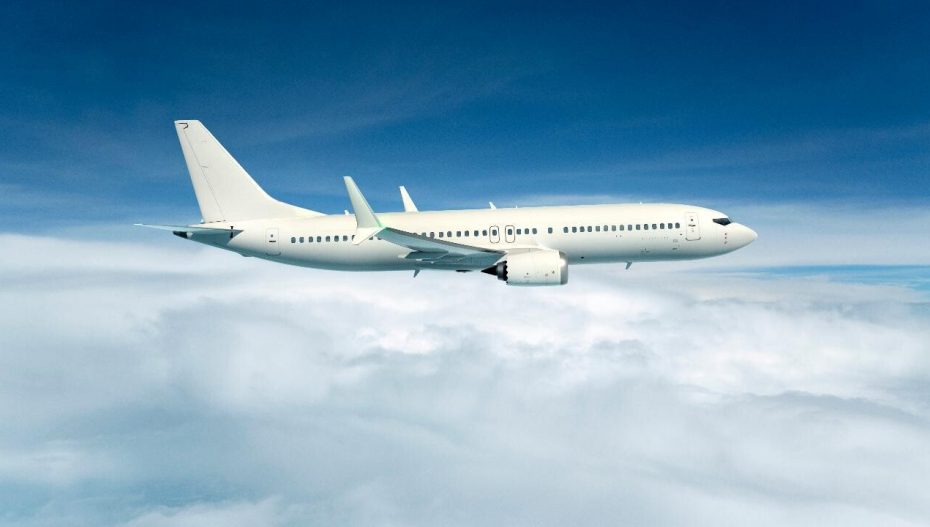A recipe by which aviation history was marked earlier this month. A 737 Max 8 flight by United Airlines from Chicago to Washington marked a new step in the evolution of Aviation sector by completing a 600 mile trip by fueling one of the two engines with used cooking oil and waste fat from beef, pork and chicken. A Southern California Plant refined these products and produced this fuel produces that provides 80% less emissions than conventional jet fuel. Various experiments were carried out before by mixing biofuel with conventional fuel but had never used this mixture in the engine of a commercial flight, says the United Airlines.
Aviation emissions contributes about 3% – 4% of the world’s carbon emissions and the goal of eliminating these emissions would take years of hard work to reach that level. This goal will need lots and lots of government investments, technological advances such as all electric jet planes as per aviation experts. The airlines which will adopt low emission aviation fuel will have to pay four times more than they are paying for conventional fuel which would mean higher airfares for the travelers.

Sir Jan Brueckner, a professor and The Chairman of the Economics Department at UC Irvine’s Institute of Transportation Studies stated that mostly by 2050 zero emission by aviation fuel goals can be achieved if everything works out properly. But not every official agrees to this statement, The Co-founder and chief executive of JSX ,an independent airlines in Dallas, Alex Wilcox thinks that a lot of promises are made that can’t be kept. They say that even if the goal can’t be reached it would make a good business sense.
The term “Net Zero” is a bit misunderstood as using sustainable aviation fuel will help achieve the goal only by about 65% with an additional help from the 13% from new technology by lighter planes. Other 19% would be achieved by a technology called as “carbon capture.” The aviation sector would have to pay to preserve the wetlands or plant forests.













